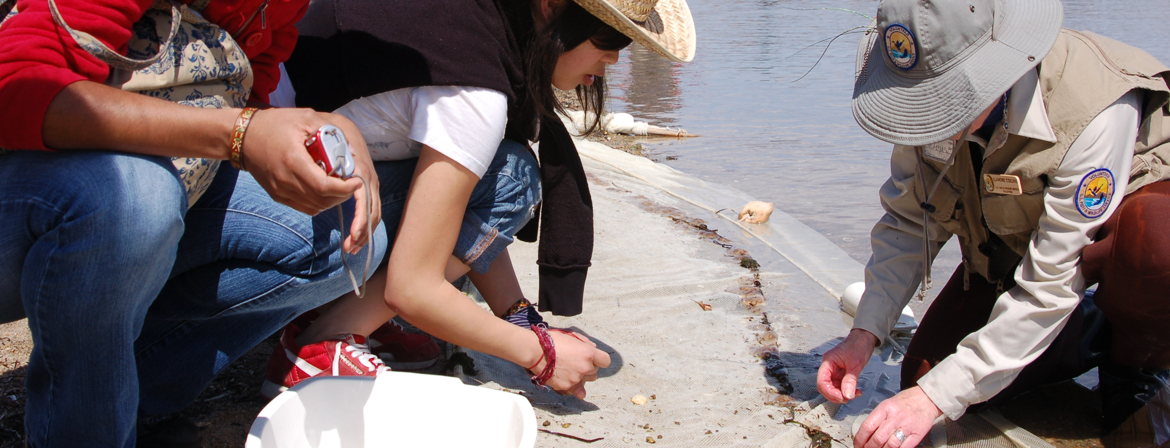Deriving Interventions on the Basis of Factors Influencing Behavioral Intentions for Waste Recycling, Composting, and Reuse in Cuba
Mosler, H., Tamas, A., Tobias, R., Rodríguez, T., & Miranda, O. (2008). Deriving interventions on the basis of factors influencing behavioral intentions for waste recycling, composting, and reuse in Cuba. Environment and Behavior, 40(4), 522-544.
Values and their Relationship to Environmental Concern and Conservation Behavior
Schultz, P., Gouveia, V., Cameron, L., Tankha, G., Schmuck, P., & Franëk, M. (2005). Values and their Relationship to Environmental Concern and Conservation Behavior. Journal of Cross-Cultural Psychology, 36(4), 457-475.
The Structure of Environmental Concern: Concern for Self, Other People, and the Biosphere
Schultz, P. (2001). The structure of environmental concern: Concern for self, other people, and the biosphere. Journal of Environmental Psychology, 21(4), 327-339.
Environmental Education and Attitudes:
Pooley, Julie Ann; O'Connor, Moira (2000). Environmental education and attitudes:
Emotions and beliefs are what is needed.
. Environment & Behavior, 32, 5, 711-723.
Attitudes and Inaction: A Case Study of the Manifest Demographics of Urban Water Conservation
de-Oliver, M. (1999). Attitudes and inaction: A case study of the manifest demographics of urban water conservation. Environment and Behavior, 31, 3, 372-394.
Political Culture, Postmaterial Values, and the New Environmental Paradigm: A Comparative Analysis of Canada and the United States
Steger, M. A., Pierce, J. C., Steel, B. S., & Lovrich, N. P. (1989). Political culture, postmaterial values, and the new environmental paradigm: A comparative analysis of Canada and the United States. Political Behavior, 11, 3, 233-254.
Psychological or Attitudinal Factors which Influence the Introduction of Energy Conservation Technologies
Parthasarathy, R. (1989). Psychological or attitudinal factors which influence the introduction of energy conservation technologies. Abhigyan, fall, 36-47.
Diffusion of Energy-Conserving Innovations
Darley, J. M., & Beniger, J. R. (1981). Diffusion of energy-conserving innovations. Journal of Social Issues, 37, 2, 150-171.
A Comparison of Environmental Perceptions and Behaviors of Five Discrete Populations
Culen, G. R., Hungerford, H. R., Tomera, A. N., Sivek, D. J., Harrington, M. & Squillo, M. (1986). A comparison of environmental perceptions and behaviors of five discrete populations. Journal of Environmental Education, 17, 3, 24-32.
Energy Conservation Behavior: The Difficult Path from Information to Action
Costanzo, M., Archer, D., Aronson, E., & Pettigrew, T. (1986). Energy conservation behavior: The difficult path from information to action. American Psychologist, 41, 5, 521-528.



